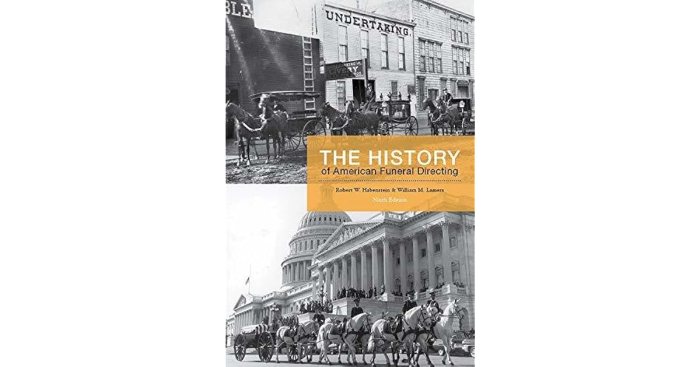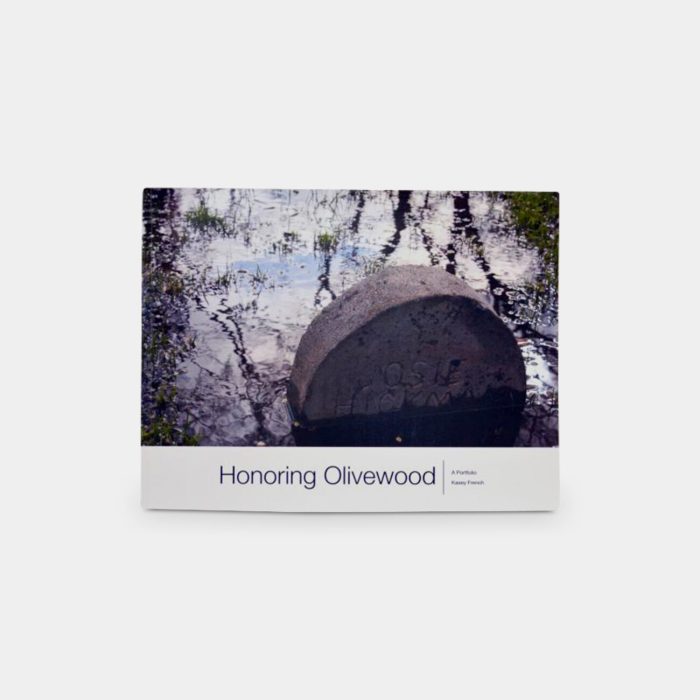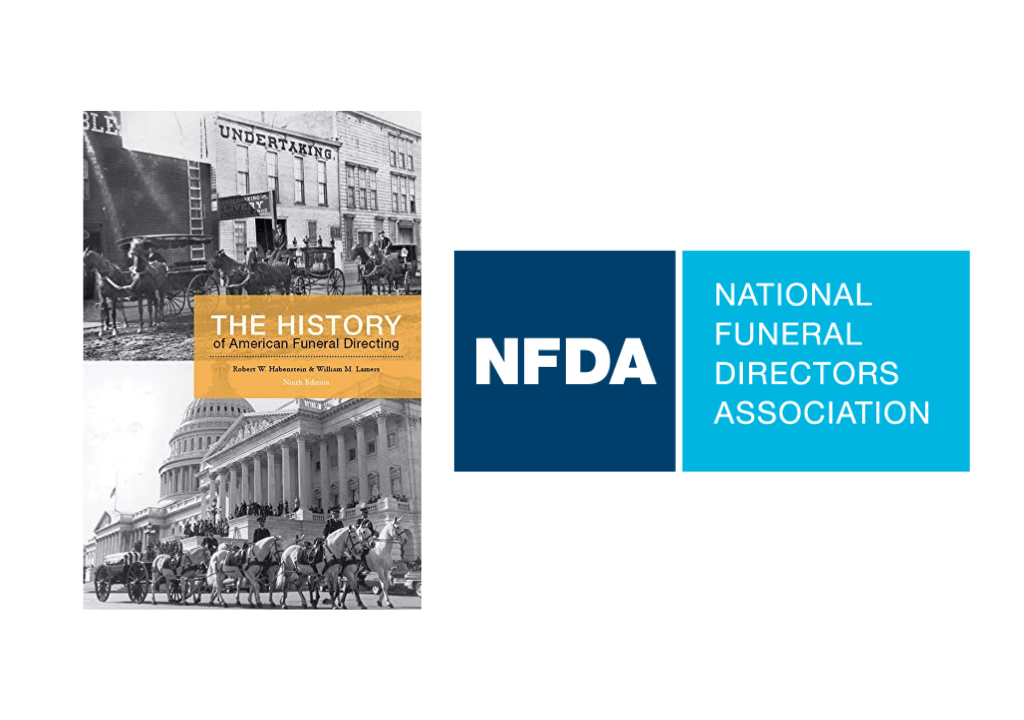History of american funeral directing 10th edition – The History of American Funeral Directing, 10th Edition, provides a captivating overview of the profession’s origins, evolution, and key figures. This authoritative text explores the cultural, ethical, and business aspects of funeral directing, offering insights into the changing landscape of this essential service.
From its humble beginnings to its modern-day complexities, this comprehensive guide traces the evolution of funeral practices, rituals, and customs. It examines the impact of social, technological, and legal factors on the profession, providing a nuanced understanding of the challenges and opportunities faced by funeral directors today.
History of American Funeral Directing
Funeral directing in America has a rich and evolving history, dating back to the colonial era. In the early days, funeral arrangements were typically handled by family members and friends. However, as cities grew and populations became more diverse, the need for professional funeral directors arose.
Key Figures and Events
- Thomas Lynch(1749-1779): A signer of the Declaration of Independence who is credited with establishing the first funeral home in America.
- John Hancock(1737-1793): The first President of the Continental Congress, who played a key role in the development of funeral customs in America.
- The Civil War(1861-1865): The war led to a surge in demand for funeral services, and helped to establish funeral directing as a profession.
Major Changes and Innovations
- The introduction of embalmingin the mid-19th century allowed for the preservation of bodies for longer periods of time, making it possible to transport them over long distances.
- The development of cremationin the late 19th century provided an alternative to traditional burial practices.
- The rise of funeral homesin the 20th century led to the professionalization of funeral directing and the development of standardized practices.
Professionalization of Funeral Directing

The professionalization of funeral directing in America began in the late 19th century. In 1872, the National Funeral Directors Association (NFDA) was founded to establish standards for the profession. Over time, the NFDA developed a code of ethics, established educational requirements, and advocated for state licensing laws.
Education, Licensing, and Certification, History of american funeral directing 10th edition
Today, most states require funeral directors to have a bachelor’s degree in funeral service or a related field. They must also pass a state licensing exam and complete continuing education courses.
Ethical and Legal Standards
Funeral directors are bound by a code of ethics that governs their conduct. They must also comply with federal and state laws governing funeral practices.
Funeral Rituals and Customs
Funeral rituals and customs in America vary depending on culture, religion, and personal preferences. However, some common elements include:
Viewing and Visitation
The viewing or visitation is a time for family and friends to pay their respects to the deceased. It is typically held at a funeral home or place of worship.
Funeral Service
The funeral service is a ceremony that celebrates the life of the deceased. It may include readings, prayers, and music.
Burial or Cremation
The body of the deceased may be buried in a cemetery or cremated. Cremation is becoming increasingly popular in America.
Trends and Changes
Funeral rituals and customs are constantly evolving. In recent years, there has been a trend towards more personalized and meaningful services.
The Business of Funeral Directing
Funeral directing is a business, and funeral homes must generate revenue to cover their costs. Funeral homes typically charge a fee for their services, which can vary depending on the type of service provided.
Financial Management
Funeral homes must carefully manage their finances to ensure profitability. They must track expenses, set prices, and manage cash flow.
Marketing and Customer Service
Funeral homes must market their services to potential customers. They must also provide excellent customer service to build relationships and generate repeat business.
Challenges and Opportunities
Funeral homes face a number of challenges in the 21st century, including the rising cost of funeral services, the increasing popularity of cremation, and the changing demographics of America.
Ethical and Legal Considerations: History Of American Funeral Directing 10th Edition

Funeral directors must adhere to a number of ethical and legal considerations in their practice. These include:
Laws and Regulations
Funeral directors must comply with all federal and state laws governing funeral practices. These laws cover a wide range of topics, including the handling of human remains, the sale of funeral goods and services, and the disposition of cremated remains.
Ethical Dilemmas
Funeral directors may face a number of ethical dilemmas in their practice. These include:
- Conflicting wishes of family members
- Requests for illegal or unethical services
- Dealing with grieving families
Future of Funeral Directing

The future of funeral directing is uncertain. However, there are a number of emerging trends that may shape the profession in the years to come.
Technology
Technology is playing an increasingly important role in funeral directing. Funeral homes are using technology to streamline their operations, provide new services, and connect with potential customers.
Demographics
The demographics of America are changing, and this is having an impact on funeral directing. The population is aging, and the number of deaths is expected to increase in the coming years.
Societal Changes
Societal changes are also having an impact on funeral directing. People are becoming more secular, and there is a growing trend towards personalized and meaningful funeral services.
Questions Often Asked
What are the key changes that have occurred in funeral directing over time?
The profession has witnessed significant advancements in embalming techniques, funeral home design, and customer service practices, reflecting the evolving needs and expectations of families.
How has technology influenced the funeral industry?
Technology has revolutionized communication, record-keeping, and funeral planning, allowing funeral directors to provide more personalized and efficient services.
What are the ethical challenges faced by funeral directors?
Funeral directors must navigate ethical dilemmas related to end-of-life care, financial considerations, and the preservation of cultural and religious traditions.